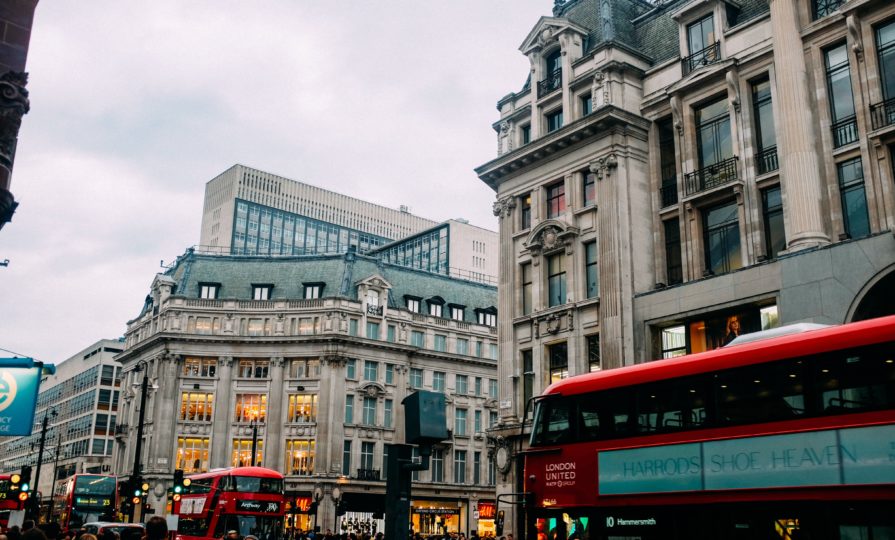UK inflation falls to two-year low of 3.9%
The rate of inflation was lower than expected after falling from a rate of 4.6% in October

UK inflation has fallen to 3.9% in the year to November, the lowest level seen in two years, according to new figures from the Office for National Statistics.







